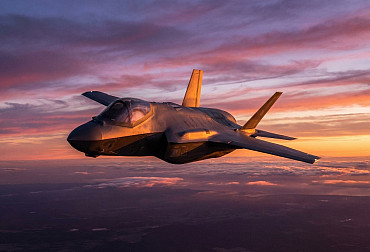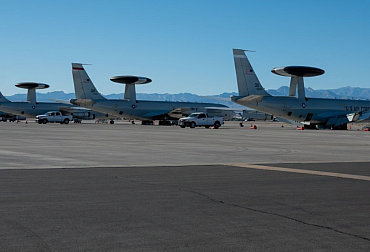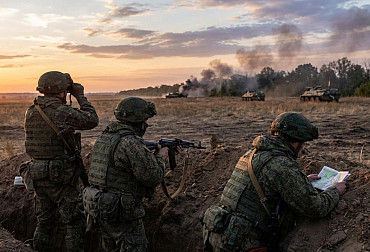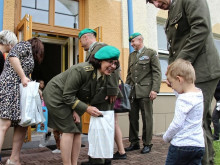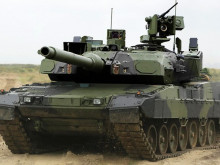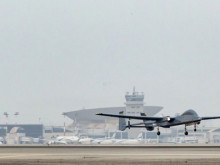To leave or stay? Pros and cons of the possible withdrawal of the Czech soldiers and policemen from Iraq
Czech soldiers, military policemen, but also members of the Police of the Czech Republic who have been currently participating in a mission in Iraq, have an uncertain future regarding their activities in the country (“Due to the interruption of training and limited operations at the training centre in Baghdad, the Czech policemen will transfer to the Czech Republic. At the moment of renewal of standard activities, they will return to Iraq,” said the Police President Jan Švejdar on Thursday Afternoon – editorial note). Now it seems that the training mission (mentoring), as well as the participation in combat operations are coming to an end. At least the Iraqi Parliament thinks so. What are the possible scenarios that the Army / Police of the Czech Republic have? What will this mean for us considering the alliance with the United States?
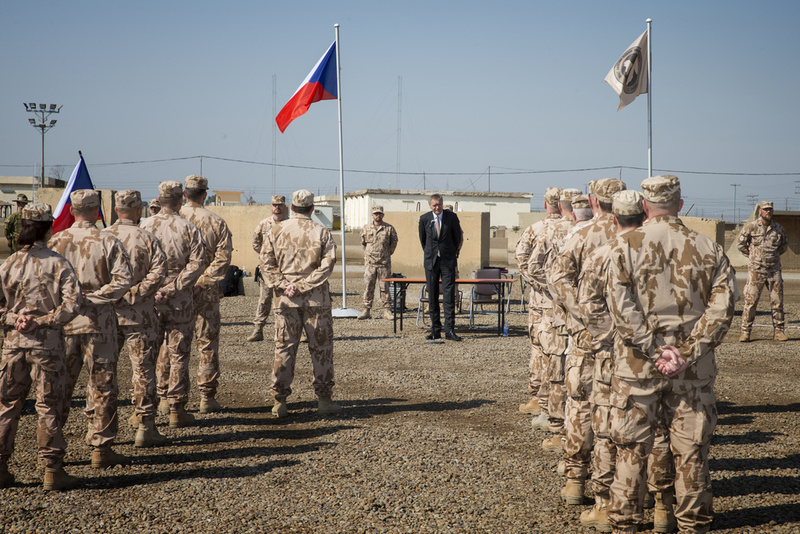
Picture: What are the possible scenarios that the Army/Police of the Czech Republic have? What will this mean for us considering the alliance with the United States? (illustrative photo) | army.cz
The missile attack on 3rd January, 2020, ordered by the US government, respectively by President Donald Trump, against General Suleimani and other top representatives of Iraqi Shia militias aimed to weaken the Iran ‘s influence in the Middle East Region. Nevertheless, paradoxically, this attack may lead to the exact opposite. The liquidation of Suleiman has opened the way for achieving one of the Iran’s main goals – the possible withdrawal of the US military from the territory of the neighbouring Iraq. The second aspect is the unification of Shiites. Let us now look at possible scenarios of withdrawal of our troops, including the possible consequences.
The first possible scenario is simply to withdraw members of the armed forces of the Czech Republic from the mission and thus terminate all mentoring of the local security forces, including termination of training in the expertise detection, protection, but also the disposal of chemicals. At that moment, we are losing a unique deployment in the incriminated areas where the use of chemicals (and regrettably still is) is a routine. We would leave the soldiers there without support. Of course, we would leave our allies, including the US soldiers. Therefore, we would turn our backs and basically flee the fighting from the perspective of the alliance.
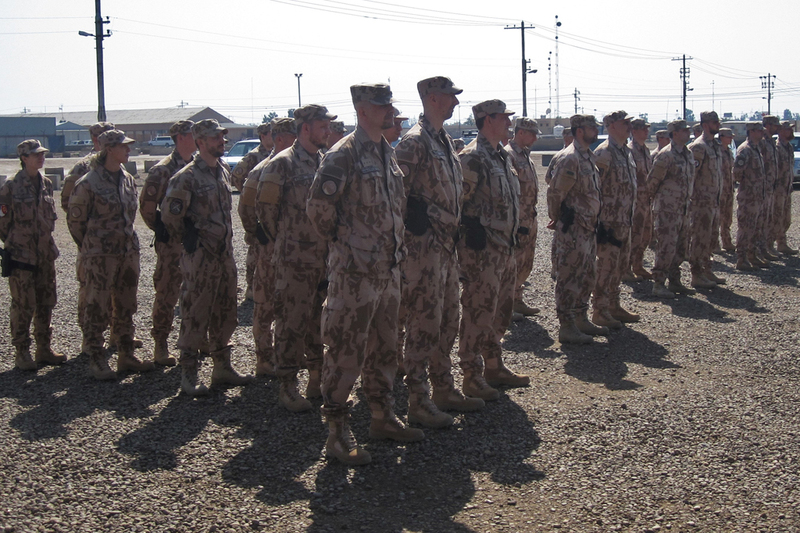
Picture: One of the scenarios is the withdrawal of members of the armed forces of the Czech Republic from the mission and the termination of all the mentoring of security forces (illustrative picture) | Wikimedia Commons
The second scenario is to stay in Iraq until the very last moment, wait for the possible reversal of the decision of the Iraqi Parliament and continue in performing the tasks assigned, even though our troops would be at increased risk of attack. Let us remember that it was unanimously decided (and ratified by the local government) in the neighbouring Iraq that every American soldier, as well as all persons involved in the liquidation of Suleimani, are the terrorists. Logically, all the US allies can be treated as terrorists. The Shiite attacks on military targets are more than likely to happen. Iran already attacked on forces led by the United States in Iraq on Wednesday night. Tehran fired more than twenty ballistic missiles from the Iranian territory at two Iraqi bases with the Western Coalition troops. Both Pentagon and Iraq confirm that the target was Ajn al-Asad air base west of Baghdad and the base in Irbil in Northern Iraq. All the Czech soldiers operating in Iraq are all right after the Iranian attacks on the base of the Allied forces. They have been operating in the country under the command of the United States.
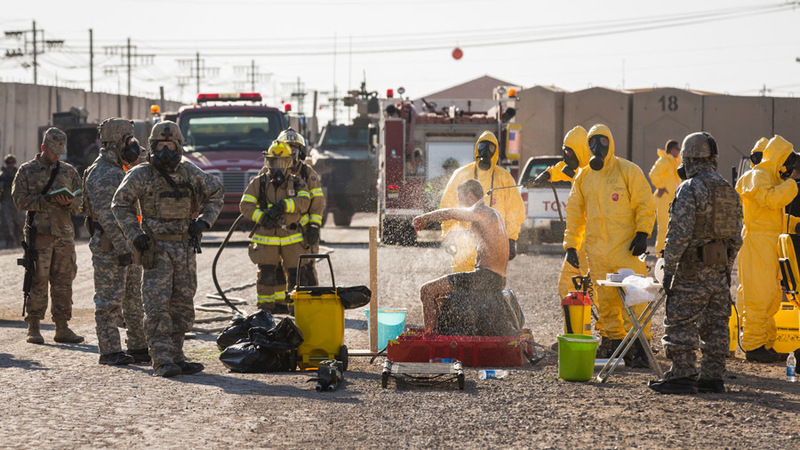
Picture: Czech Chemists in Iraq | army.cz
The third and last variant is to generally re-qualify the deployment of our troops in Iraq, leaving only chemists at the place, to continue (until further notice) to mentor and rely on cooperation with the local army and their prudent and conciliatory behaviour towards our soldiers, despite of their aversion to the US Army. After all, the Czech soldiers had a good reputation in the past ant the same is true today.
It is necessary to add that Slovakia has withdrawn its troops from Iraq (There were seven soldiers who operated in the NATO mission) and Germany has also withdrawn part of its troops. Other countries will probably join. No matter what happens, none of the solutions presented above is ideal. It is important to save face, professionalism, military honour and responsibility, but also humility and, last but not least, the most valuable – human life.












